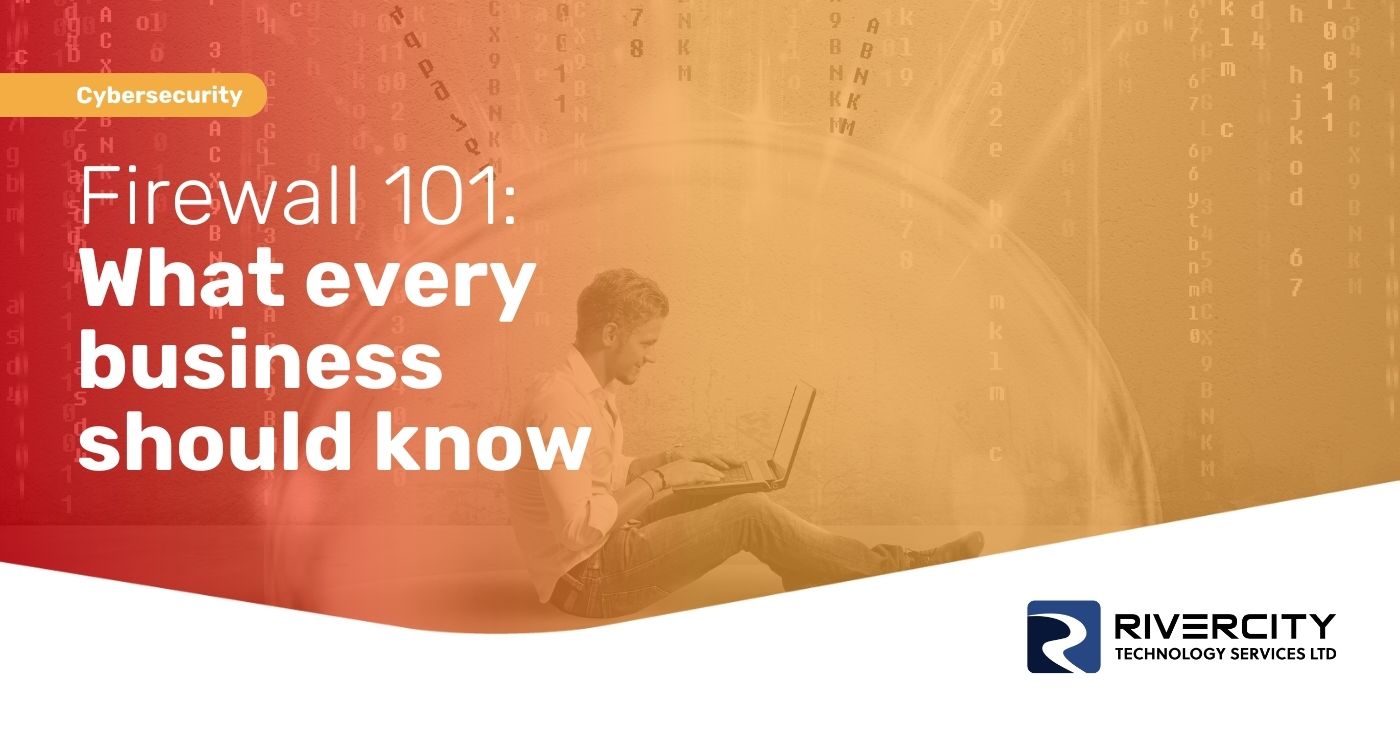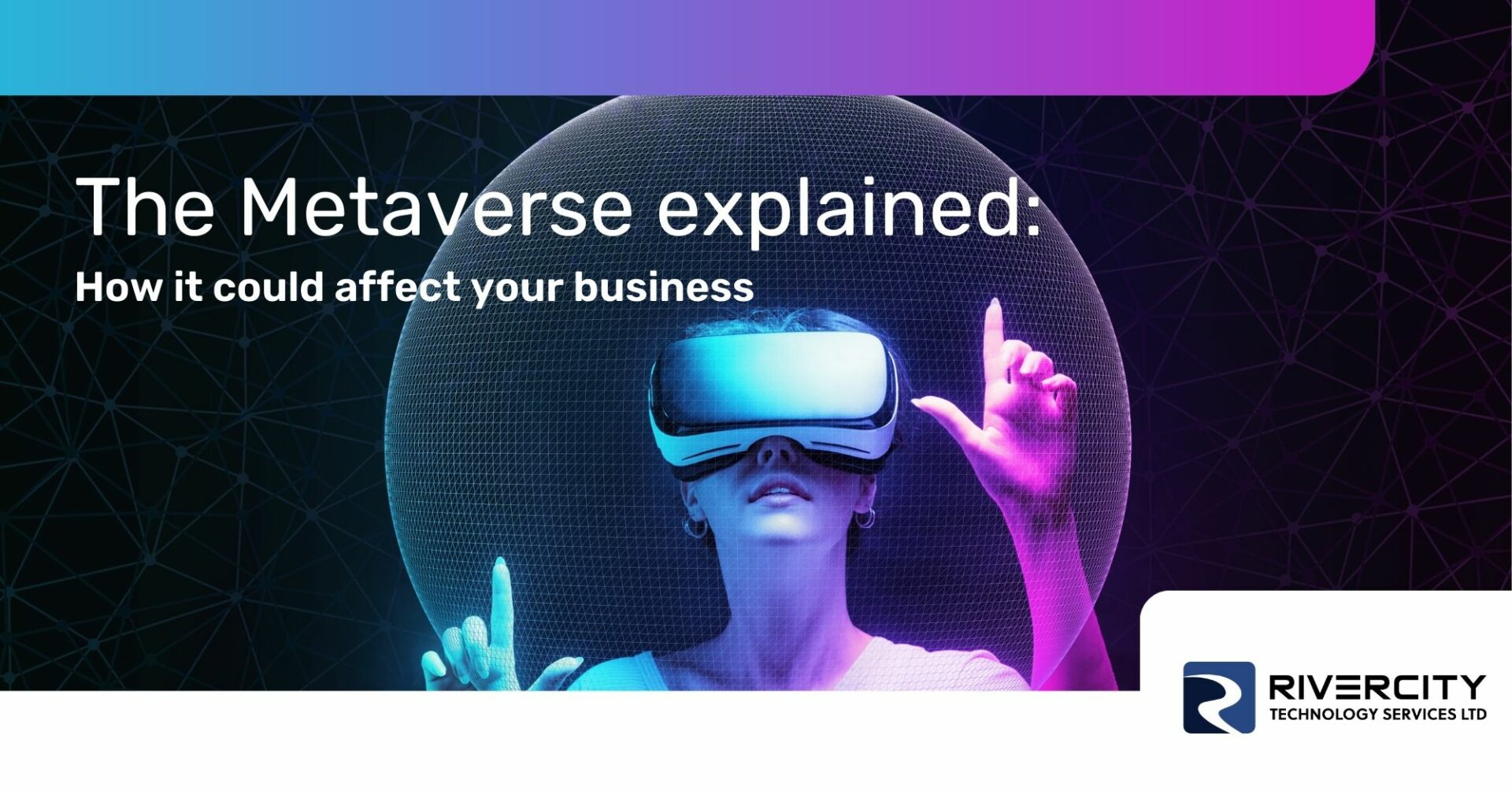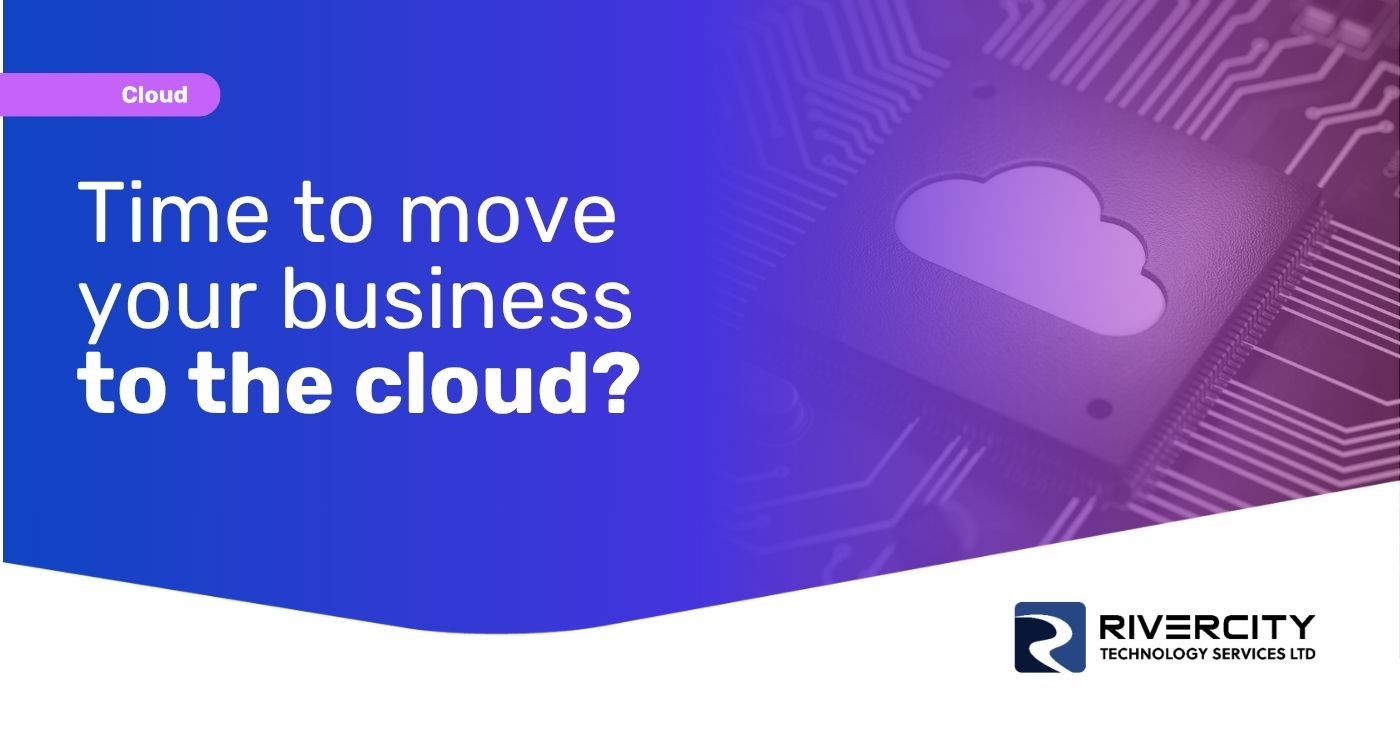What is the Metaverse?
The Metaverse is a term to describe a futuristic version of the internet - one that’s fully immersive, three-dimensional, and interactive.
Think of it as a virtual world where you can do just about anything you can do in the real world. You can walk around, talk to people, attend events - even fly if you want to. The Metaverse is a place where you can interact with other people and digital objects in a way that feels real.
The concept of the Metaverse dates back to 1992, when science fiction author Neal Stephenson wrote about it in his novel, Snow Crash.
But the idea has gained traction in recent years as technology has advanced. Companies like Facebook and Google have explored the possibilities of creating their own versions of the Metaverse.
How does the Metaverse work?
At its core, the Metaverse is a network of interconnected virtual spaces that are all part of the same three-dimensional world.
When you enter the Metaverse, you can move from one space to another seamlessly, just like you would in the real world. You can explore different areas, meet new people, attend events, and more.
One of the key features of the Metaverse is its ability to create a sense of presence. This is achieved through a combination of virtual reality (VR) and augmented reality (AR) technologies, which allow you to see and interact with digital objects as if they were real. For example, you might put on a VR headset and suddenly find yourself standing in the middle of a virtual store, where you can browse products and make purchases just like you would in a physical store.
Why does the Metaverse matter for your business?
The potential applications of the Metaverse for businesses are vast. Imagine being able to host a virtual conference where attendees can interact with each other and digital objects in a fully realized 3D space, without ever leaving their homes.
Or creating a virtual storefront where customers can try on products using AR technology and make purchases without ever setting foot in a physical store.
The Metaverse also has the potential to transform customer engagement and retention.
By creating immersive experiences that feel more like a game than a traditional marketing campaign, you can create a sense of loyalty and excitement among your customers. And with the rise of social media influencers and online communities, the Metaverse offers a way to connect with customers in a more personal and meaningful way.
Practical examples of how the Metaverse could improve your business
It’s hard to know what new interactive experiences will be developed along the way. However, some ways the Metaverse is being used in the real-world, right now, give us a good idea of the ways we may soon all be using it to make business improvements…
Business operations
Businesses across industries already use augmented reality to improve their operations.
A fully realized Metaverse will support a more collaborative environment where data will be everywhere and always present. The Metaverse should deliver a much more immersive experience to employees, who can use the technology to guide them through complex work and help them coordinate with colleagues more easily.
Improved education and training
Many of us have already adopted e-learning platforms and other digital means of communication.
Next, organizations across various industries could harness the Metaverse to provide enhanced training to their workers. Instructors and students around the globe can meet in the Metaverse and work through real-life scenarios together while using a steady stream of constantly updated data to guide the learning experience.
Enhanced customer experiences
Metaverse platforms have the potential to transform how, when and where companies interact with their customers, as extended reality platforms enable businesses to deliver new experiences and provide information in new ways.
Companies could also offer potential customers alternative shopping experiences. For example, car dealers could offer test drives in extended reality.
Work meetings
It’s predicted that within the next two or three years, many virtual meetings will move from 2D to the Metaverse.
The idea is that you will eventually use your avatar to meet with people in a virtual space that replicates the feeling of being in an actual room with them.
Advertising, branding and marketing opportunities
Several brands are already creating a presence in established VR settings.
Hyundai Motor Company debuted Hyundai Mobility Adventure, a Metaverse experience on gaming platform Roblox. And last year, Warner Bros. Pictures hosted a virtual party on Roblox to market its movie In the Heights.
Still others are branding their own Metaverse projects. In November 2020, Tilak Mandadi, the head of digital and technology for Disney Parks, Experiences and Products Inc., announced Disney’s “theme park Metaverse” initiative in a LinkedIn post, where “physical and digital worlds [will] converge, with wearables, smartphones and digital access points immersing the guests in the Metaverse experiences.”
New revenue streams
Selling digital assets could be one of the big opportunities for many companies around the globe. A number of companies are already selling goods and services that only exist in the digital world.
Gucci has teamed up with product and entertainment company Superplastic to create a limited series of collectible NFTs (that’s a Non-Fungible Token, a unique digital item). Ralph Lauren is selling clothing for avatars, and Nike is creating an NFT that links to its real-world counterpart.
The fact that big-name fashion brands are selling digital-only clothing and accessories may point the way to opportunities for the broader business landscape.
The Metaverse is a concept that’s still in its very early stages, but has the potential to transform the way we live, work, and play.
As a business owner, it’s important that you pay attention to this emerging technology and explore the potential applications for your own business.
The Metaverse offers a new frontier for customer engagement and revenue growth, and those who embrace it early on will be well-positioned to succeed in the future.
So, what are you waiting for? It’s time to enter the Metaverse. If we can help you along the way, get in touch.
CALL: 306-955-3355
EMAIL: hello@rivercitytech.ca
CONTACT PAGE: https://rivercitytech.ca/contact-us/






















